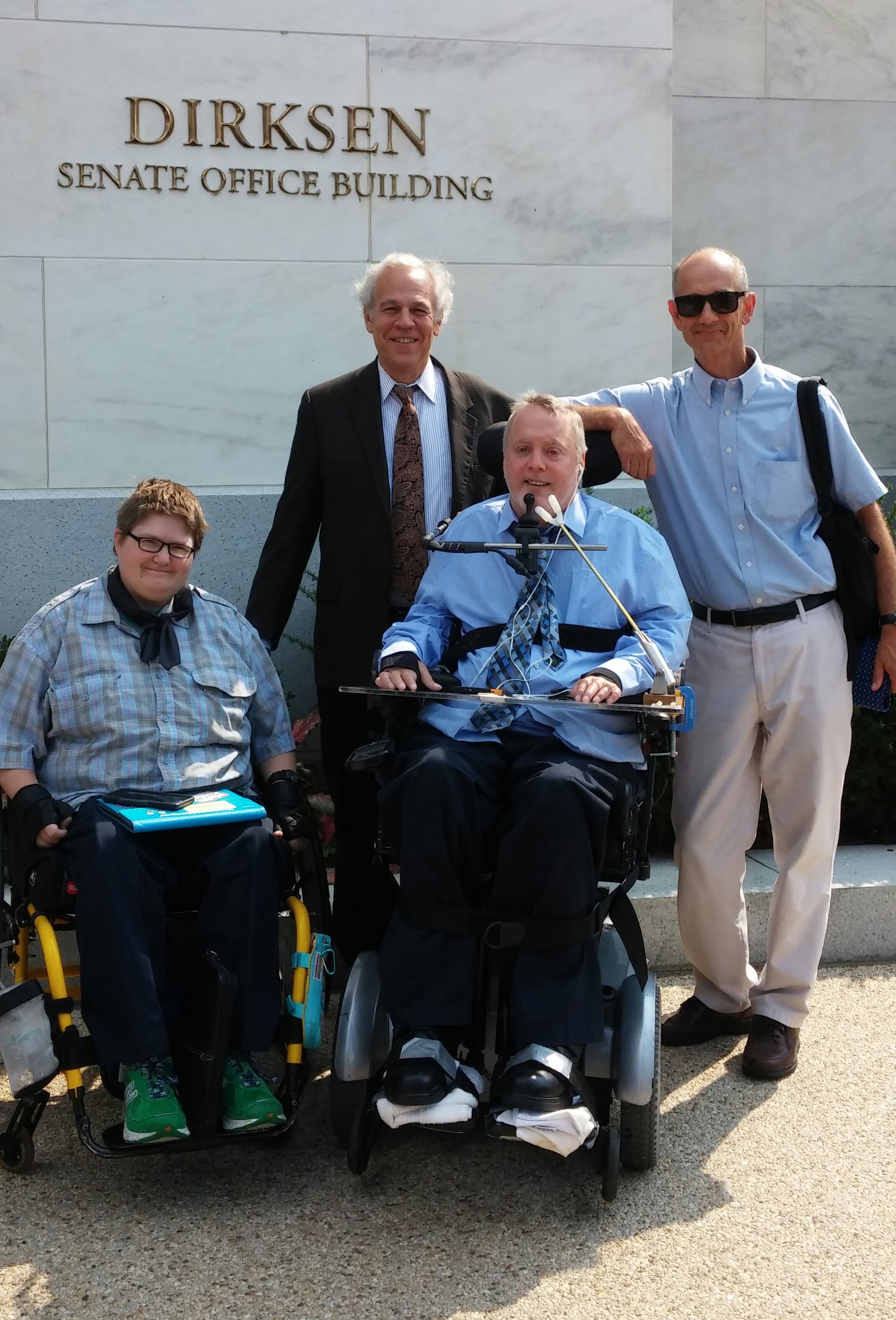« The Dual Agenda: September 25, 2015 Issue
State Highlights
California
The California Department of Health Care Services has provided a breakdown of opt-out percentages from the Cal MediConnect dual eligible demonstration project by language, ethnicity and race. Information is provided for Los Angeles, Riverside, San Bernardino, San Diego, Santa Clara and Orange counties.
In other news, an article in the LA Times reports on the prevalence of illegal “balance billing” charges to consumers who are dually eligible for Medicare and Medicaid and not subject to any such residual charges. While proscribed by federal regulation, balance billing by providers of dually eligible individuals continues to be a widespread problem nationally, as was recently described in a report by the Centers for Medicare and Medicaid Services.
Massachusetts

MassHealth, the state’s Medicaid program, and the Centers for Medicare and Medicaid Services (CMS) recently announced important new adjustments to the payment system in the One Caredual eligible demonstration project. These adjustments will provide more accurate rates for the complex care management and service needs of low-income adults with disabilities. The state plans to invest $6 to $8 million per year over the next two years. Details of the payment adjustments were presented at an open meeting which MassHealth held in Worcester, on September 23.
Notably, the Disability Advocates Advancing our Healthcare Rights (DAAHR) coalition played a critical role in pushing these changes forward with CMS and the state, including facilitating the attendance of two One Care beneficiaries at a meeting of federal and state officials in Washington D.C. Pictured are (front left to right) DAAHR advocates Olivia Richard and Dennis Heaphy, and (rear left to right) Jeff Keilson of Advocates, Inc. and Bill Henning, Executive Director of the Boston Center for Independent Living.
Michigan
The Michigan Elder Justice Initiative, one of the lead organizations for the Michigan Voices for Better Health project, published a comprehensive advocates’ guide to the MI Health Link dual eligible demonstration project. The guide is intended to assist advocates in understanding MI Health Link, including a description of the program, covered services, eligibility and enrollment details, a detailed timeline, continuity of care requirements, and appeal rights.
Rhode Island
The state of Rhode Island recently received funding to develop an ombudsman program for their Integrated Care Initiative (ICI), the state’s dual eligible demonstration project. The funding is for a one-year period. Rhode Island is pursuing its ICI in two waves. The first focuses on managing Medicaid long-term services and supports (LTSS) and improving the coordination of primary care, behavioral health services and home and community-based services. Phase One services are available for dually eligible beneficiaries, as well as Medicaid beneficiaries receiving LTSS. As of August first, 22,175 individuals were enrolled in this program. Of those, 18,442 are enrolled in Rhody Health Options and 3,733 in Connect Care Choice Community Partners. The second phase, set to start enrollment winter of 2016, will focus on moving to full integration of Medicaid and Medicare services for dually eligible consumers.
Virginia
The Virginia Department of Medical Assistance Services recently updated its enrollment dashboard for the Commonwealth Coordinated Care program, the state’s dual eligible demonstration project. As of early September, 28,469 of the 66,209 eligible beneficiaries statewide have opted out of the demonstration. According to the dashboard, beneficiaries who opted out in August either preferred traditional Medicaid (32 percent) or disenrolled after services began because their preferred provider was not participating (34 percent).
